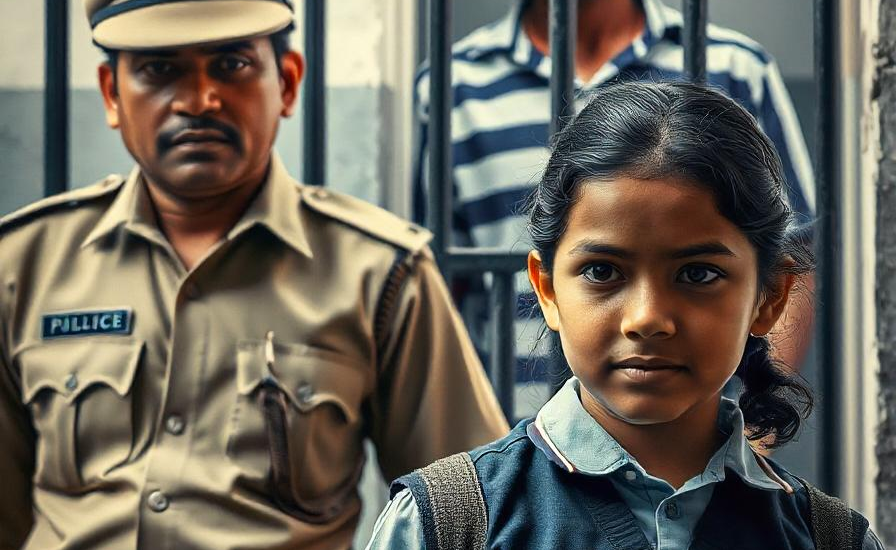Doctors Should Not Be Mechanically Implicated Under POCSO Act for Failure to Report Offences: Kerala High Court
- January 27, 2025
- Posted by: lawandhonour.com
- Category: CRIMINAL LAWS

The Protection of Children from Sexual Offences (POCSO) Act, 2012, is a comprehensive piece of legislation enacted to safeguard children from sexual abuse and exploitation. Among its provisions, the Act mandates strict obligations on individuals, including medical professionals, to report suspected cases of sexual offences involving minors. However, a recent statement by the Kerala High Court has brought to light the need for a nuanced approach in interpreting this duty, particularly when applied to doctors.
The Case in Question
The Kerala High Court, while addressing a petition, underscored that medical professionals should not be mechanically implicated under Section 21 of the POCSO Act for failing to report such offences. Section 21 of the Act stipulates punitive measures for non-reporting of suspected cases of sexual offences against minors. The court emphasized the importance of considering the circumstances under which the alleged non-reporting occurred and cautioned against an overzealous application of the law that could unfairly target medical practitioners.
The court’s statement reflects a significant understanding of the ethical dilemmas faced by doctors, who often operate at the intersection of legal obligations and medical ethics. It noted that while the duty to report is integral to protecting children, it should not override the broader responsibilities of healthcare professionals to act in the best interest of their patients, including preserving the doctor-patient relationship and maintaining confidentiality in certain sensitive situations.
Balancing Legal Obligations and Ethical Responsibilities
Doctors are often the first point of contact for victims of sexual offences, and their role in identifying and reporting such cases is crucial. However, the Kerala High Court’s remarks highlight the need to balance this duty with the ethical responsibilities that govern medical practice.
The mechanical application of Section 21 could have unintended consequences. For instance:
- Erosion of Trust: If patients fear that seeking medical care will lead to automatic legal repercussions, it may deter them from disclosing sensitive information or even seeking help altogether.
- Misjudgment Risks: In complex cases, where the signs of abuse are ambiguous, doctors may struggle to determine whether reporting is warranted, leading to potential misjudgment.
- Strain on Medical Professionals: The fear of criminal liability could create additional stress for doctors, affecting their ability to provide unbiased and effective care.
The Need for Sensitivity and Training
The court’s statement underscores the necessity of implementing a more sensitive approach to the enforcement of reporting obligations under the POCSO Act. This includes:
- Guidance and Protocols: Clear guidelines should be provided to medical professionals on how to identify and report suspected cases without compromising their ethical obligations.
- Training and Awareness: Regular training programs can help doctors better understand the legal requirements under the POCSO Act and how to navigate situations that may involve suspected abuse.
- Contextual Assessment: Authorities should evaluate the context and intent behind any alleged failure to report before initiating legal action against medical professionals.
Conclusion
The Kerala High Court’s intervention is a timely reminder of the importance of adopting a balanced and pragmatic approach to implementing the POCSO Act. While the obligation to report offences against minors is undeniably crucial, it should not come at the cost of undermining the fundamental principles of medical ethics or imposing undue burdens on doctors.
Moving forward, there is a pressing need for collaboration between the legal and medical communities to ensure that the objectives of the POCSO Act are achieved without compromising the rights and responsibilities of healthcare providers. By fostering a framework that respects both legal mandates and ethical considerations, we can work towards a system that truly protects the welfare of children while supporting the vital work of medical professionals.

